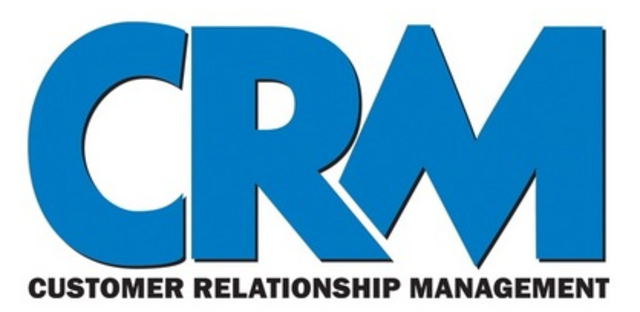The Significance Of CRM
CRM technology will continue to grow with this year bringing more trends that many brands with utilize to improve on their customer relationship management (CRM).
CRM in the past had always been about front-office applications that stored and organized customer information. It wasn’t until the heady decade of the 90s when technology really gave us even more opportunities that the full potential of CRM really began to show.
At the turn of the 21stCentury, CRM systems had become a truly mobile tool, something that was responsive to what companies need. And of course, just we do use other cloud-based programs and storage, CRM has become cloud-based too.
The future of CRM
CRM is a fast-growing area with a projected growth that beyond anything we could imagine. From 2014 to 2018 alone, the sector grew by just over 22%. It is an industry worth over $120 billion.
But what trends and changes can we expect?
A meeting of minds between workflow automation and AI
Just imagine the value of CRM systems working with Artificial Intelligence (AI) for salespeople and marketers to identify patterns of consumer behavior.
AI can collect all kinds of data and information, and from the analysis of this information, a brand could predict trends and make critical decisions about what the next steps in their marketing campaigns would be.
Social CRM
There is no denying the power of social media. Many experts agree that the next frontier of customer relationship management will lie in optimizing the true power of social media for connecting and getting closer to customers.
Service bots are already improving interaction, but with more of these spread throughout social media, it will give valuable insight into the decisions customers make. It will also make for a valuable listening tool too.
Customer behavior is an essential aspect for marketers to understand and with social CRM, it places a brand in a stronger position to produce campaigns that cut through the noise online and reach the people they want to reach.
Integration and connected tools
There is a need, say, experts, for industry standard interfaces, so that all the external tools and programs can be linked, producing a cohesive, joined-up method of thinking and action.
CRM is no different. There are some examples of integration, but this is only lip service, say some business owners. There has to be deeper connections and synchronization between programs, including CRM and other tools that a company may use.
In fact, brands are telling the sector that they are looking for external tools that promote better social signals and communication, as well as synchronicity that produced meaning relationships between the data it mines and what brands so with it.
Truly responsive CRM
If you are looking for effective CRM consulting services, you will be doing so with one thing in mind – to increase revenue.
Designing and implementing the optimal CRM-based campaigns and programs that aim to reach and engage your audience is surely what every brand is striving for. And now experts are saying that the future of CRM lies in the ability to message customers.
But this means reaching the right audience. And this is where dovetailing CRM with AI comes in. But ‘knowing’ who customers are, CRM programs will ‘know’ when and who to send messages to.
What does all this mean?
It means that companies will need to recognize and harness the power of CRM to build valuable relationships with customers. AI has a part to play as does the power of social media too.
Gaining insights into customer behavior is essential because it changes. What your customers were thinking and doing last year is not what they are doing today.


Leave a Reply